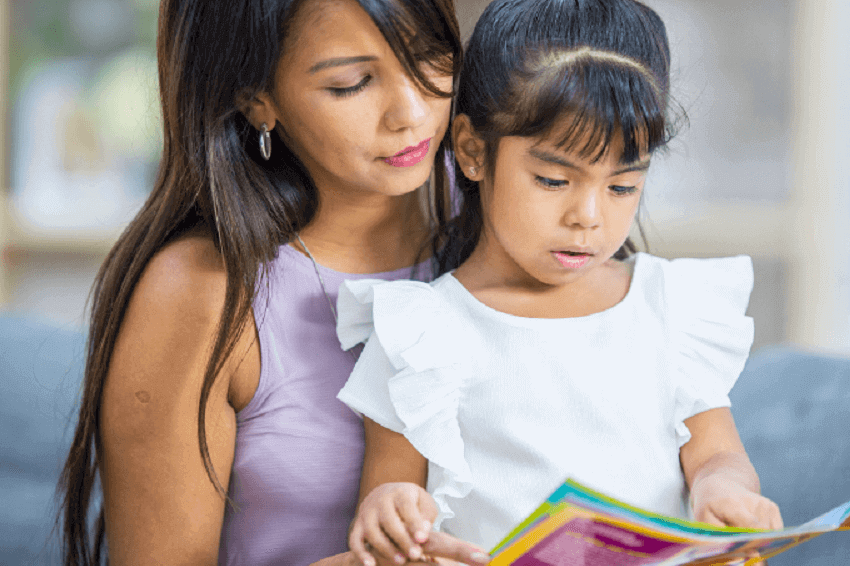6 TIPS FOR TEACHING KIDS PHONICS AT HOME
If you're the parent of a beginning reader, chances are you're hearing a lot about phonics. Here's what you need to know about how your child will learn phonics — and how you can help teach phonics at home:
What exactly is phonics?
Phonics is knowing that sounds and letters have a relationship — it's that simple, and that complex. It is the link between what we say and what we can read and write. Phonics offers your beginning reader the strategies she needs to sound out words. For example, she learns that the letter D has the sound of "d" as in "doll." Then she learns how to blend letter sounds together to make words like dog.
Why is it important?
The ultimate goal of reading is good comprehension. (Try these strategies to help improve reading comprehension.) But in order for your child to understand what he reads, he must be able to do it quickly and automatically, without stumbling over words. Phonics facilitates that process.
How does your child's school teach phonics?
Systematically and sequentially. Teachers give children plenty of practice before moving on. Your child will read short, easy books, containing the particular letter sounds or words she's working on. You can help her practice by providing similar books at home, such as this BOB Books Beginning Readers box set.
To teach at home, reinforce schoolwork with easy activities:
• Team up with the teacher. Ask how you can highlight phonics and reading. If you have concerns, share them.
• Listen to your child read daily. If your child stumbles on a word, encourage him to sound it out. But if he still can't get it, provide the word so he doesn't get discouraged.
• Boost comprehension. Ask questions like, "What do you think will happen next?" or "What did he mean by that?".
• Revisit familiar books. It's okay if your child wants to re-read favorite books from earlier years. In fact, it's actually beneficial!.
• Read aloud. Choose books on topics that excite your child (get great suggestions from our numerous book lists), and read with gusto, using different voices for the characters.
• Spread the joy. Show your child how much you value reading by having plenty of books and magazines around the house. And visit the library and bookstores often. You'll teach phonics as well as cultivate a lifelong love of reading in your child.
RELATED POSTS
While there are are many...
WHAT IS EDUGETHER
Edugether is an all-day English-Spanish home child care with a Spanish immersion education program, focusing on social, cognitive, language, and physical skills development.
HOW CHILDREN LEARN
Touching, squeezing, and exploring are essential for learning. These experiences help children build significant moments in their lives.
BRAIN DEVELOPMENT
A child’s early exposure to language is crucial for development, predicting language skills, cognitive growth, and academic success.


